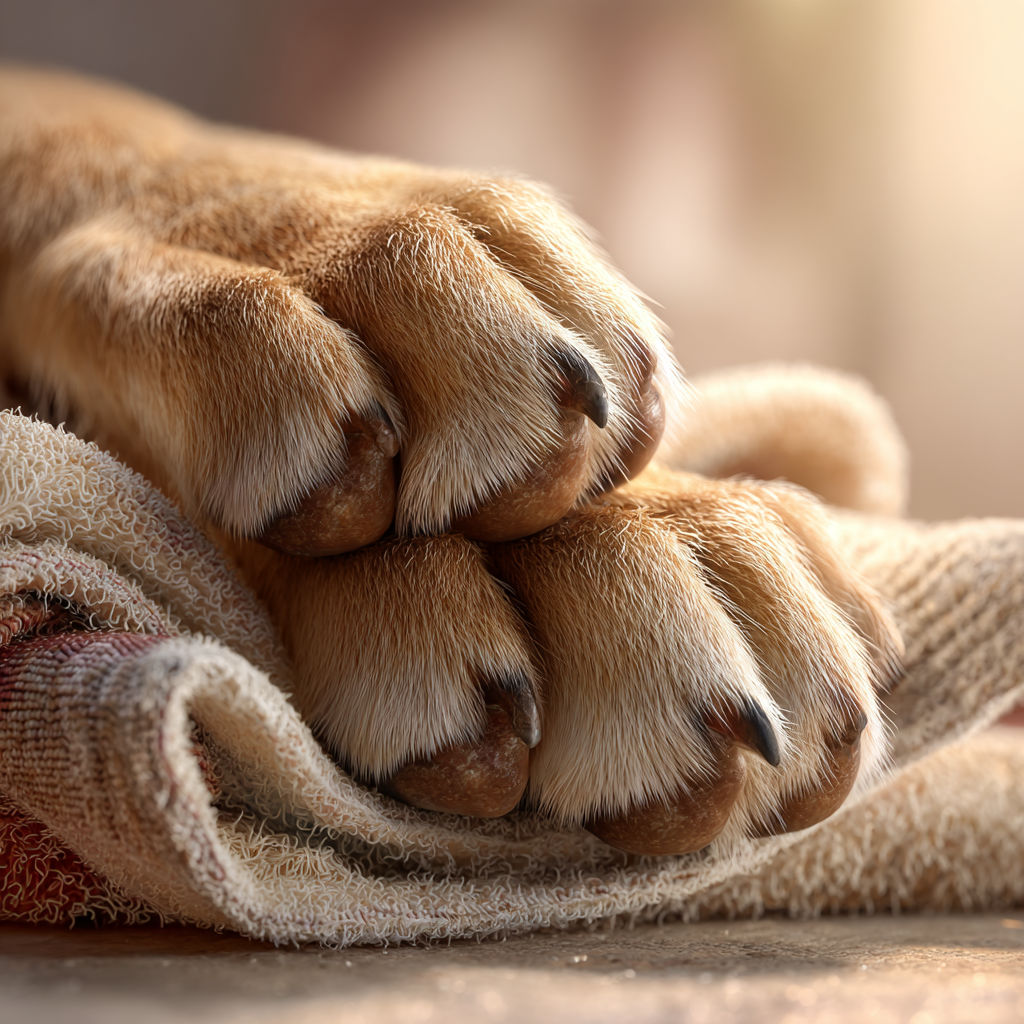Find Out Why Your Puppy’s Paw Pads Smell Funny 🐾
Have you ever noticed a strange or strong odor coming from your puppy’s paws? If so, you’re not alone. Studies show that 1 in 5 dog owners report their puppy’s paw pads have a funny smell or an unusual odor. This often prompts questions like, “why do puppy paws smell” or “smelly puppy paw pads,” leading many to wonder about the causes and solutions for this common issue. In this post, I’ll explore the main reasons behind the funny smell and share practical tips on how to keep your puppy’s paws fresh and healthy. Whether it’s curiosity or concern, understanding what causes the smell can help you take effective action and ensure your puppy stays happy and comfortable.
Why Do Puppy Paws Smell? Understanding the Causes
Puppy paw pad smell primarily arises from the unique anatomy of their paw pads which contain sweat glands and sebaceous glands that produce oils. These natural secretions maintain the health of the skin but can sometimes lead to an odor problem when bacteria or yeast thrive in warm, moist environments like between paw pads and toes. Studies reveal that about 60% of dog paw odor is caused by bacterial growth, especially from bacteria like Pseudomonas and Staphylococcus. Additionally, 30% of the smell results from yeast overgrowth, particularly Malassezia. Moisture levels above 50% significantly contribute to the proliferation of these microorganisms, which explains why your puppy’s paws might smell funny after walks or playing outside. Regular cleaning and drying can reduce these odor-causing microbes by up to 90%, making paw care a crucial aspect of pet hygiene. Certain breeds, such as Bulldogs and Pugs, are more prone to paw pad odor due to their skin folds and overall skin structure, which tend to trap moisture and bacteria more easily.
Common Causes of Smelly Puppy Paws
Understanding the causes behind the smelly dog paws can help you address the issue effectively. Some common reasons include bacterial infections like Pseudomonas and Staphylococcus, fungal overgrowth such as Malassezia, and environmental factors like mud, dirt, or moisture accumulated between paw pads. Allergies and skin infections can also play a role, especially if your puppy constantly licks or bites their paws. Additionally, certain breeds with skin folds or fatty paw pads tend to trap more moisture and debris which fosters microbial growth. If your puppy’s paw pad smell persists or worsens, it may indicate an underlying problem like a paw pad infection or dermatitis that requires veterinary attention.
How to Manage and Prevent Smelly Puppy Paws
Preventing and managing smelly dog paws involves consistent paw care. Here are some practical tips you can follow to keep your puppy’s paws fresh and clean. First, regularly wash your puppy’s paws with gentle antibacterial or pet-safe wipes, especially after outdoor walks. Dry them thoroughly to prevent moisture buildup. Using a paw cleaning spray or mild soap can help reduce bacteria and yeast. Trim hair around the paws to prevent trapping dirt and moisture. Applying a paw balm or moisturizer designed for dogs can also help maintain skin health. If you notice persistent odor, redness, or swelling, it’s best to consult a vet. For breeds prone to odor, maintaining a regular cleaning routine and keeping the paw environment dry is key. Additionally, addressing allergies or skin issues promptly can prevent odor problems from escalating. In severe cases, your veterinarian might prescribe medicated shampoos or topical treatments to treat infections effectively.
When to See a Veterinarian
If your puppy’s paw smell persists despite good hygiene practices, or if you observe signs of pain, swelling, redness, or discharge, it’s time to seek veterinary advice. An ongoing odor could indicate a bacterial or fungal infection that requires professional treatment. Sometimes, paw pad odor may be a sign of underlying health issues such as allergies, dermatitis, or even more serious infections. Early intervention can prevent complications and help your puppy recover quickly. Remember, proper paw care combined with vet guidance ensures your pup’s paws stay healthy and odor-free.
Conclusion & Practical Tips
Understanding why puppy paws smell funny helps in taking proactive steps to keep your pup comfortable. Regular cleaning, thorough drying, and grooming are simple yet effective strategies to manage dog paw odor problems. If you notice persistent or worsening odor, don’t hesitate to consult your vet for targeted treatment. By maintaining good paw hygiene and addressing underlying issues early, you can enjoy happy, healthy paws and avoid the discomfort of smelly puppy feet. Your efforts will pay off in a happier, more comfortable pup who loves to walk and play without odor worries! 😊
Take Action Today!
Start incorporating a paw care routine today—clean, dry, and inspect your puppy’s paws regularly. Share your experiences or questions in the comments below. For more helpful tips on puppy health and care, subscribe to my newsletter and stay updated! 🐶✨
